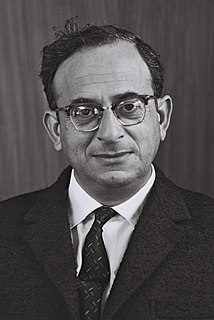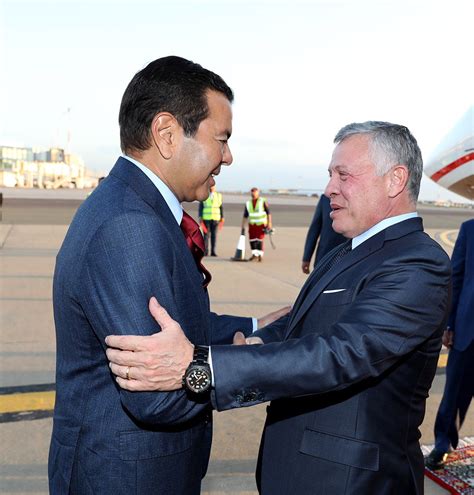A Quote by Jacob Weisberg
Thanks to Twitter, I learn about the revolutions in the Middle East via Arab activists and writers, not just from American foreign correspondents.
Related Quotes
There's kind of a hidden point which isn't being brought out, and that is that it is inconceivable that the U.S. would permit democracy in the Middle East, and for a very simple reason. Just take a look at polls of Arab public opinion. They exist. You can't find them in the press, but they exist from prestigious polling agencies. Released by major institutions. And what they show is that if there was democracy in the Middle East, the entire U.S. program for domination of the Middle East would be down the tube.
I think the public is very reluctant to get involved in more foreign wars, especially in the Middle East. And they understand, implicitly, that we go to war in the Middle East because of oil. And if we don't want to go to war in the Middle East, then we have to do something about the oil problem. And I think that view is gaining ground in the U.S.
This administration, Barack Obama and Hillary Clinton through their foreign policy, have betrayed the American people, because the weakness they've displayed has led to Putin's incursions in the Middle East and in eastern Europe, and has led - has led to significant problems in the Middle East as well, and the death and murder of lots of folks.
I believe that the Iraqis have an opportunity now, without Saddam Hussein there, to build the first multiconfessional Arab democracy in the Middle East. And that will make for a different kind of Middle East. And these things take time. History has a long arc, not a short one. And there are going to be ups and downs, and it is going to take patience by the United States and by Iraq's neighbors to help the Iraqis to do that. But if they succeed, it'll transform the Middle East, and that's worth doing.
I draw a distinction between freedom of the internet and freedom via the internet. In the first case, it's making sure cyberspace is not over regulated and people can say what they want without fear of repercussions. But that's different from this freedom via the internet notion, which is often touted by all sorts of conservatives and neoconservatives who want young people in the Middle East and elsewhere in the world to use Facebook and Twitter and then go oppose their governments.
So much of what we see and hear about the Middle East focuses on what we call politics, which is essentially ideology. But when it comes to the Middle East, and especially the Arab world, simply depicting people as human beings is the most political thing you can do. And that's why I chose to write about food: food is inherently political, but it's also an essential part of people's real lives. It's where the public and private spheres connect.
When I first signed up for a Twitter account - I was to say it was in 2007, people are going to think it's some weird self promotional thing or it's going, but in time I was called upon to like try to persuade other foreign correspondents and journalists to get on Twitter and see the usefulness of it which is kind of ironic. I think the journalists who are leading the digital charge at the Times have, all have that background as a foreign correspondent, which I think is not accidental.
Sadly, a U.S. invasion of Iraq 'would threaten the whole stability of the Middle East' - or so Amr Moussa, secretary-general of the Arab League, told the BBC on Tuesday. Amr's talking points are so Sept. 10: It's supposed to destabilize the Middle East. The stability of the Middle East is unique in the non-democratic world and it's the lack of change in Iraq, Iran, Saudi Arabia, Syria, Egypt that's turned them into a fetid swamp of terrorist bottom-feeders.
In many parts of the world, including the Arab world, the Latin American world, and even parts of the Western world, there is a tradition of writers being quite engaged. Particularly in the Arab world you have had very, very strong traditions of literature and poetry and most of the writers have been deeply committed to the cause of the Arab nation.
There are going to be a lot of questions, not just in my country, but across the Middle East. Is Israel going to continue to be "Fortress Israel"? Or, as we all hope, become accepted into the neighborhood, which I believe is the only way we can move forward in harmony. And no matter what's happening in the Middle East - the Arab Spring, et cetera, the economic challenges, high rates of unemployment - the emotional, critical issue is always the Israeli-Palestinian one.
































